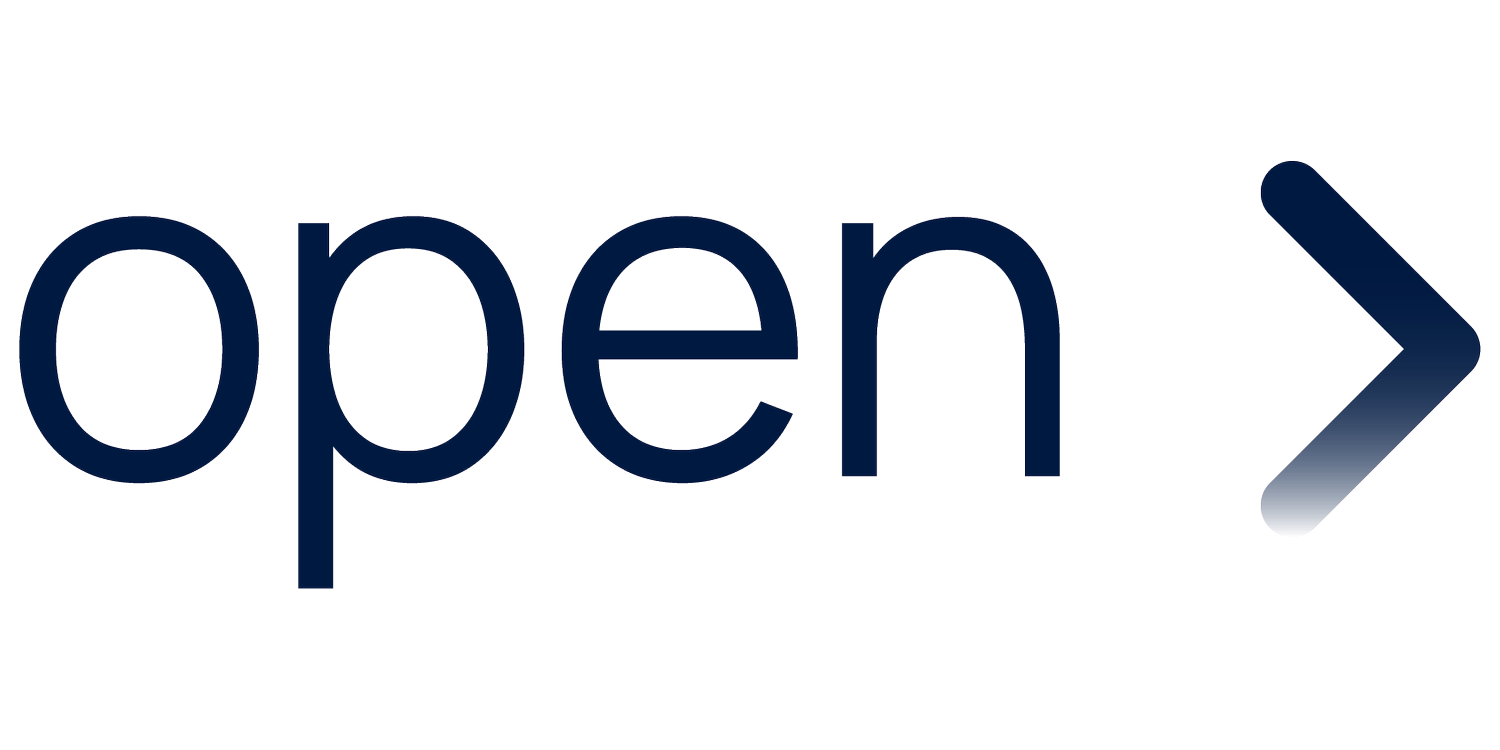AI readiness starts with the human factor
It’s not the companies with the most tech that will thrive in the age of AI – it’s the ones who prepare their people best. That’s the message from Microsoft and Forrester’s latest Work Trend Index – and it’s one we see play out in our work every day.
We spoke to Andreas Ringsted, Chief Solutions Officer at Open, about what AI readiness really takes. His take? Success isn’t just about tools. It’s about mindset, behaviour – and designing the journey with people at the centre.
What does the latest Work Trend Index from Microsoft and Forrester tell us?
“It’s quite clear,” says Andreas Ringsted. “Success with AI isn’t just about having the right tools – it’s about helping people change how they work. The real frontrunners are what Forrester calls Frontier Firms – organisations that aren’t just adopting AI, but reimagining work itself.”
What do many organisations still get wrong about AI transformation?
“Too many treat AI as a plug-and-play upgrade. They focus on systems, licences, and features – and underestimate how complex it is for employees. This isn’t just a technical shift. It’s a mindset shift. If we want people to work differently, we need to design the journey with them – not just for them.”
So how do you do that?
“At Open, we believe that human-centered design thinking could play a big part of designing the process. That means starting with people’s real context, needs and concerns. This way we can help organisations shape a transformation that employees can relate to – and actively take part of. We work with a clear four-step framework, rooted in design thinking”
-
Explain what’s changing and why – in real, human language. Cut the buzzwords and use storytelling to bring it to life.
Tip: Use storytelling, FAQs, and real employee voices to bring the vision to life.
-
People need to see how AI will help them – not replace them. We co-create use cases that reflect real work scenarios and pain points.
Tip: Co-create use cases that reflect real challenges in different roles and functions.
-
We run pilots, test early, learn fast – and help teams build confidence through experimentation.
Tip: Think of this as a soft launch, not a go-live.
-
Change only sticks when people feel part of it. We build communities, share success stories, and keep the employee voice at the centre.
Tip: Regularly measure not just usage, but sentiment and perceived value.
Why is this approach so important?
“Because AI won’t work if humans don’t. You can’t unlock the value of M365 Copilot or any other tool if people aren’t ready to use it in a new way. When we put people at the heart of the change, we don’t just get better adoption – we build stronger trust, more momentum, and real behaviour change.”
And looking ahead?
“I believe we’re at the beginning of something big. 2025 will be the year the Frontier Firm really comes into focus. The organisations that succeed will be the ones that lead with empathy, clarity, and people-first thinking – not just technology.”
If you have any questions or would like to discuss how we see the AI transformation impacting people, feel free to reach out to our Chief Solutions Officer, Andreas Ringsted, at [email protected].


